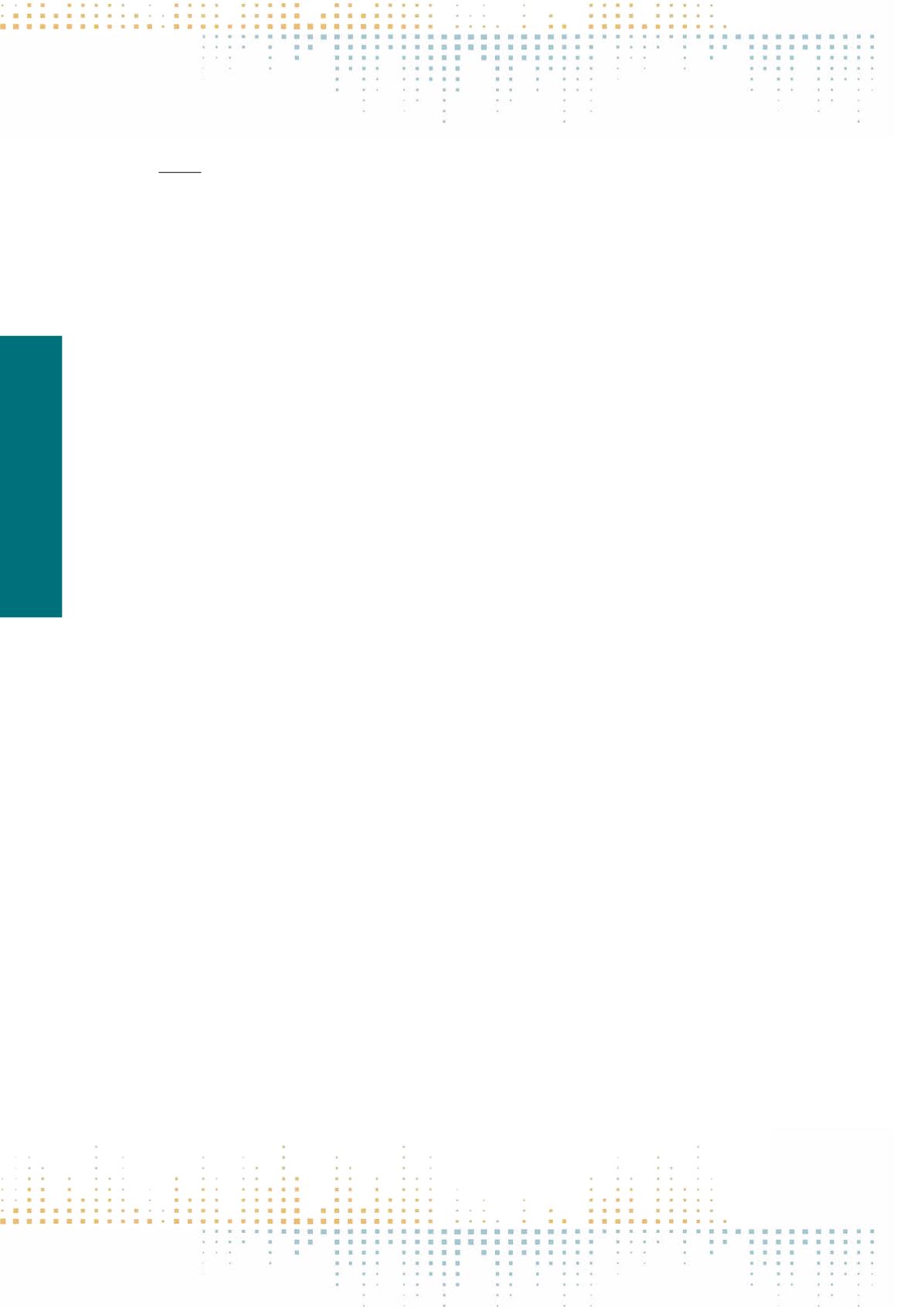

366
Thursday, November 10
1 4 : 3 0 – 1 6 : 0 0
PP 149
Journalism Education in Conflict Resolution: Children and Young People in Northern Ireland Learn Through Journalism
D. Baines
1
, F. Wyton
2
1
Newcastle University, School of Arts and Cultures, Newcastle upon tyne, United Kingdom
2
Headliners Youth development charity working through journalism, London, United Kingdom
This paper reviews a project in Northern Ireland by the Headliners charity in which 398 children and young people worked together to report across com‑
munity fault-lines and develop a shared vision by tackling hard issues of sectarianism and social, political and religious divisions. Groups from Catholic,
Protestant and minority ethnic communities used media tools and journalism skills to produce and publish reports which demonstrated how communities
could resolve conflict and share divided ground. In developing the project - Distinctive Voices, Collective Choices - Headliners drew on its expertise in devel‑
oping a range of learning through journalism strategies to give young people, often from groups who are alienated, marginalised and disengaged, a voice
and a hearing on issues that concern them. The paper interrogates the interrelationships developing between journalism's collaborative processes and its
products (texts) in the generation of value to the individual, the community and wider society.The project was evaluated through participant surveys at en‑
try and exit to identify changes across a range of themes and data was continuously captured on multiple media platforms through participant observation.
Participants were found to have developed deeper understandings of ‘shared space’; were better able and prepared to discuss inter-community issues and
to relate to members of other communities by recognising similarity and respecting difference. They had developed a greater reflexivity concerning their
own attitudes, opinions and behaviour towards others. The paper explores how these outcomes emerged.



















